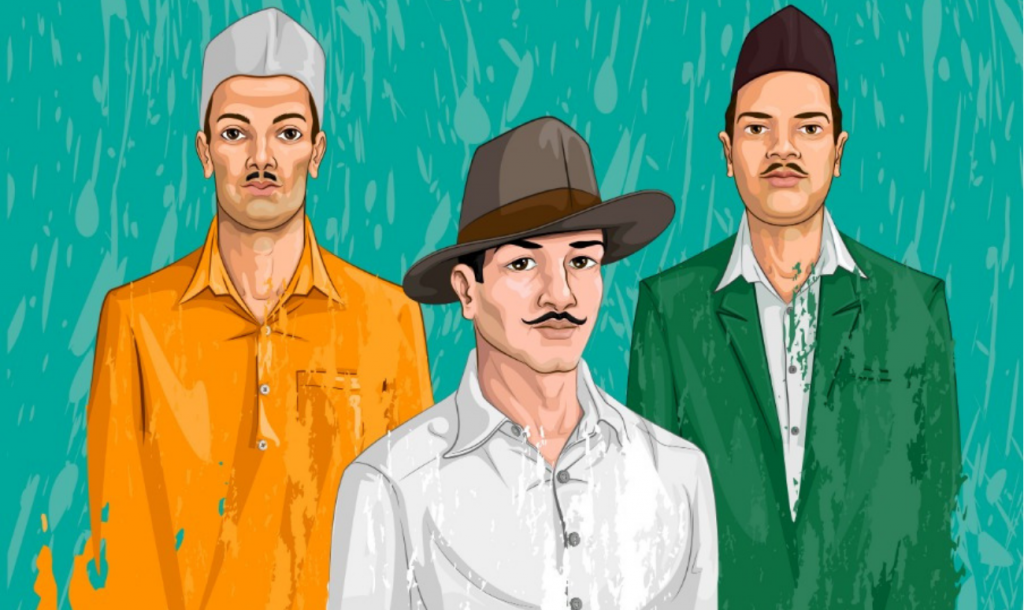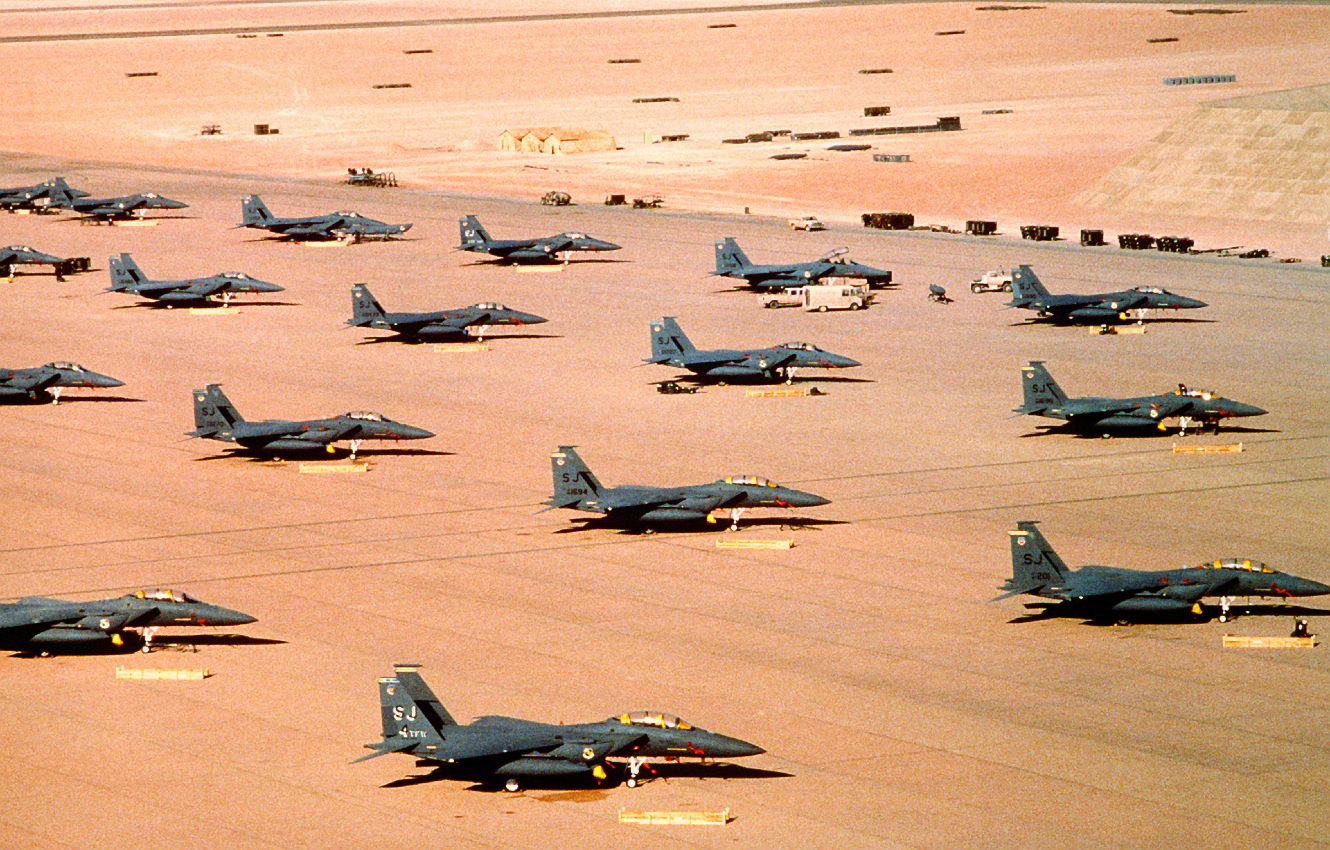Imagine AI in WWII – Would the Allies Have Won Faster?
World War II was one of the most intense and transformative conflicts in history, and it’s hard to imagine how things could have played out differently. But what if AI had been involved? Could artificial intelligence have helped the Allies win faster? The idea of AI shaping the outcome of the war is fascinating, and the possibilities are endless. Let’s explore how AI in WWII could have completely altered the course of history!
1. AI and Codebreaking: Cracking Enigma in Record Time
One of the most pivotal moments in WWII was the Allies’ success in breaking the Enigma code, which was used by Nazi Germany to encrypt military communications. While Alan Turing and his team were able to crack it, it took considerable effort and time.
AI’s role: Imagine an AI system that could have analyzed encrypted messages instantly and recognized patterns far faster than human mathematicians. With AI’s ability to process huge amounts of data quickly, the Allies would have been able to intercept enemy plans much earlier in the war. They could have stopped Nazi advancements sooner, potentially shortening the conflict and saving countless lives.
2. AI-Driven Strategy: Smarter, Faster Decisions
Military strategy during WWII was built on the experience and intuition of commanders. But despite their brilliance, they didn’t always have access to the most up-to-date information or the ability to calculate the best course of action instantly.
AI’s role: Imagine AI-driven systems capable of analyzing real-time battlefield data, weather conditions, and enemy movements. AI could have generated optimized strategies in seconds, offering commanders actionable insights and predicting enemy moves. This speed and accuracy would have enabled the Allies to outmaneuver Axis forces, cutting down the time spent on battles and shifting the momentum faster in favor of the Allies.
3. Autonomous Weapons: No More Human Casualties
Throughout WWII, there were many heroic efforts to gain air superiority, with bombers like the B-17 Flying Fortress and Spitfire fighters playing vital roles. However, these aircraft were piloted by human soldiers who faced great risks.
AI’s role: If AI-powered drones and autonomous bombers were available, these machines could have carried out missions without the risk of losing precious human lives. AI-controlled drones could have evaded enemy defenses and attacked targets with pinpoint accuracy, reducing the need for large-scale, high-risk bombing raids. The reduction in casualties and faster execution of attacks could have accelerated Allied victories in critical battles.
4. AI-Powered Logistics: Supply Chains That Never Break
One of the biggest challenges during the war was managing logistics and supplies. Troops often faced delays in receiving essential supplies like food, ammunition, and medical resources, which could hinder military effectiveness and morale.
AI’s role: AI-driven systems could have analyzed and optimized supply chains in real time, ensuring that resources were delivered exactly where they were needed, when they were needed. With AI predicting supply needs, the Allies could have avoided bottlenecks and ensured smooth operations, making their campaigns more efficient and reducing delays. Faster, more reliable logistics would have given the Allies a major strategic advantage in prolonged campaigns.
5. AI in Intelligence: Real-Time, Actionable Data
WWII intelligence operations were crucial to the success of military campaigns, but gathering and analyzing intelligence was slow, often leading to outdated information being used to make critical decisions.
AI’s role: With AI-powered analysis, the Allies could have processed vast amounts of intelligence data in real time. AI systems would instantly identify key patterns in communications, movements, and behaviors, allowing the Allies to make decisions based on up-to-the-minute information. This would have eliminated delays in responding to enemy actions and could have drastically improved the efficiency of covert operations.
6. AI-Enhanced Medical Support: Saving More Lives
The number of soldiers injured during WWII was staggering, and medical treatment was often limited due to resource constraints.
AI’s role: With AI-driven medical systems, soldiers could have received faster diagnoses and more accurate treatments, increasing survival rates. AI could have also optimized the deployment of medical supplies to field hospitals, ensuring that the most critical cases received attention first. Faster recovery times and more effective care would have kept troops in fighting shape, helping the Allies maintain stronger forces on the frontlines.
7. AI and Propaganda: Changing the Minds of Nations
World War II saw the use of extensive propaganda by both the Axis and Allied powers to maintain morale, sway public opinion, and confuse the enemy. AI’s role: Imagine AI-driven systems analyzing human sentiment in real-time and generating targeted propaganda messages that were tailored to influence specific populations. Whether it was to bolster civilian morale or spread disinformation to weaken the enemy, AI could have taken psychological warfare to a whole new level, potentially accelerating the collapse of Axis powers.
Silver Iodide and the Art of Artificial Rain: A Closer Look | Maya
Would the Allies Have Won Faster with AI?
In all likelihood, AI in WWII would have accelerated the war’s conclusion. AI’s ability to process vast amounts of data, optimize strategies, and automate many tasks would have given the Allies a significant technological edge over the Axis powers. While WWII was already a conflict where human innovation played a critical role, the introduction of AI-powered technologies could have sped up victory by streamlining everything from military strategy to logistics, intelligence, and even medical care.
Imagine AI in WWII !.. just think about the countless ways in which artificial intelligence could have turned the tide of the war in record time. The possibilities are endless, and the impact on global history could have been nothing short of transformative.




